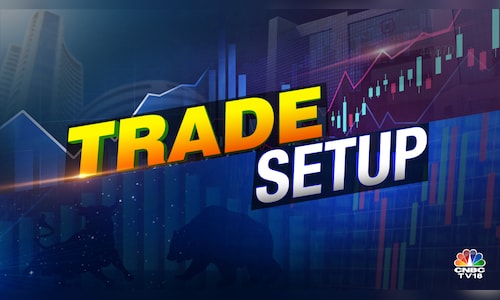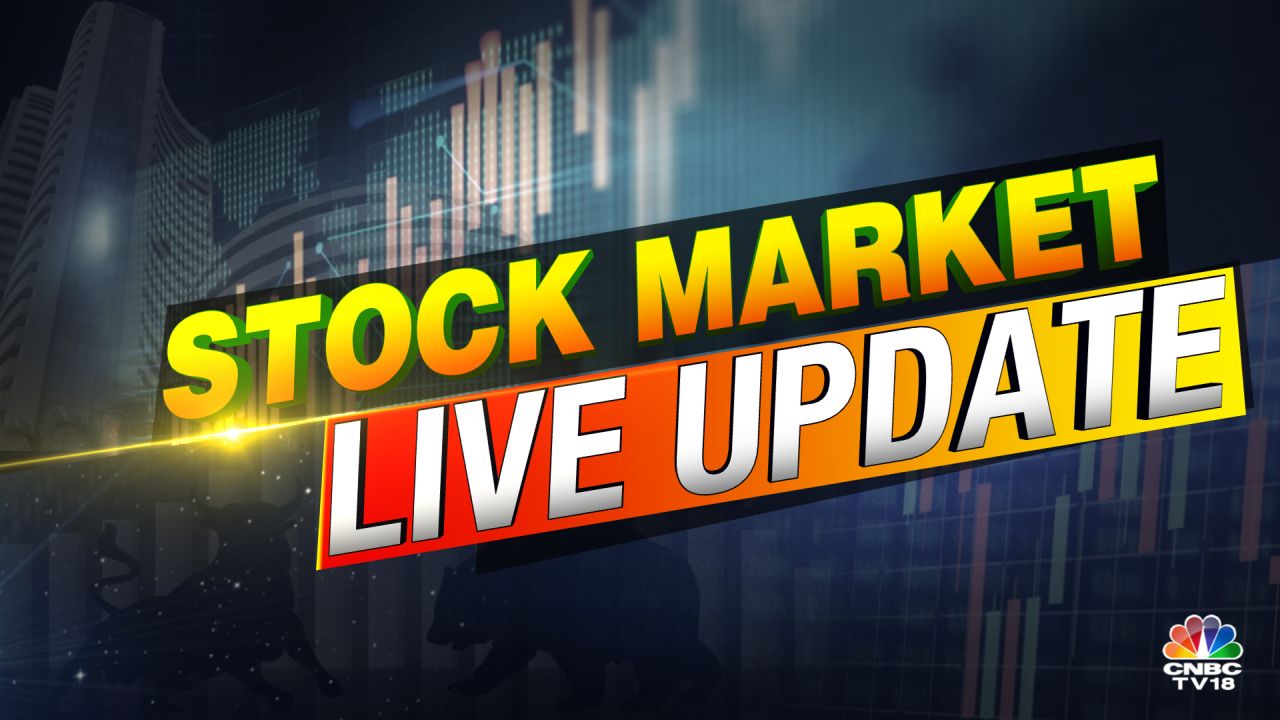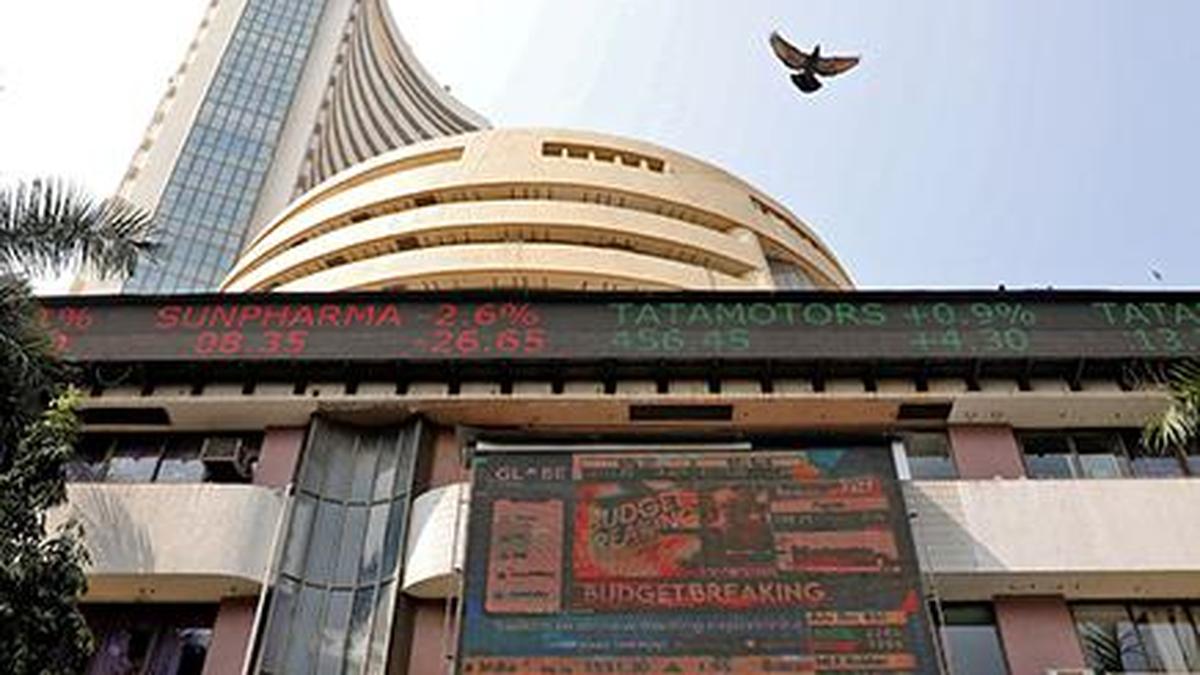Benchmark indices on Wall Street, particularly the Dow Jones, staged a remarkable recovery after Mexican President Claudia Sheinbaum announced that the US will be pausing its 25% tariff imposition on Mexico after certain conditions were agreed upon.
The Dow Jones ended 120 points lower after shedding as many as 700 points at the lowest point of the day. The S&P 500 ended 0.8% lower, while the Nasdaq Composite still ended with losses of over 1%. Futures this morning are flat.
Sostuvimos una buena conversación con el presidente Trump con mucho respeto a nuestra relación y la soberanía; llegamos a una serie de acuerdos:
1.México reforzará la frontera norte con 10 mil elementos de la Guardia Nacional de forma inmediata, para evitar el tráfico de drogas…
— Claudia Sheinbaum Pardo (@Claudiashein) February 3, 2025
Similar announcement was made by Canadian President Justin Trudeau that US tariffs on Canada will also be paused for a month. The Loonie gained in response, while the Mexican Peso was the best performing EM currency.
I just had a good call with President Trump. Canada is implementing our $1.3 billion border plan — reinforcing the border with new choppers, technology and personnel, enhanced coordination with our American partners, and increased resources to stop the flow of fentanyl. Nearly…
— Justin Trudeau (@JustinTrudeau) February 3, 2025
The yield on 10-year Treasuries was little changed at 4.53%. The Bloomberg Dollar Spot Index rose 0.1%. The Mexican peso climbed 1.8%. The Canadian dollar added 0.9%. A UBS Group AG basket of stocks at risk from the proposed tariffs sank 3.1%. Wall Street’s favorite volatility gauge — the VIX — topped 18.
US President Donald Trump had imposed a 25% tariff on imports from Canada and Mexico, along with a 10% tariff on China. The loophole of parcels below $800 entering the US tariff-free was also done away with. Trump has also mentioned that tariff talks on China may take place in the next 24 hours.
In response, Canada had too imposed a counter 25% tariff on US goods worth over $100 billion, while Canadian provinces have begun taking US alcohol off the shelves. China has vowed to escalate this at the World Trade Organisation, but has not unveiled any new counter-tariffs yet.
The tariffs were supposed to take affect at 12:01 AM on Tuesday, US time, which had left speculations open as to whether something can be negotiated within the next 24 hours between the countries so that the tariffs come to a halt. That is exactly what has transpired.
Earlier, Donald Trump had imposed a 25% "Emergency Tariff" on Colombia, after the latter's President refused to accept two US military aircraft full of immigrants, citing unfair treatment. The tariffs were rolled back in a few hours once terms were agreed upon.
“At this point, we are doubtful that the tariffs on Canada and Mexico will be long-lasting, if enacted at all,” said Keith Lerner and Michael Skordeles at Truist Advisory Services. “Nevertheless, until there is clarity on the duration or magnitude of tariffs, these actions inject uncertainty into supply chains and pricing for many companies – large and small – across North America.”
At JPMorgan Asset Management, David Kelly says investors have every reason to be concerned about a trade war, which has the potential to impart a stagflationary impulse to the investment environment, boosting inflation and interest rates while dragging on growth and profits.
“If this scenario unfolds, U.S. equities with the highest valuations are likely the most vulnerable while non-US assets and real assets could provide ballast to portfolios,” Kelly said. “Most of all, investors should ensure that they are well diversified and balanced as we head into much stronger and uncertain trade winds.”
There’s a risk of a 5% slump in US stocks over the coming months as the latest round of tariffs by the Trump administration crimp earnings forecasts, according to Goldman Sachs Group Inc. strategists led by David Kostin.
Kostin said that if sustained, the latest tariffs would reduce his S&P 500 earnings forecasts by about 2% to 3%, not accounting for the impact from further tightening in financial conditions or changes in consumer and corporate behavior. He also warned the S&P 500’s fair value could slump about 5% over the near term due to the hit to both earnings and equity valuations.
(With Inputs From Agencies.)

 1 month ago
1 month ago

















